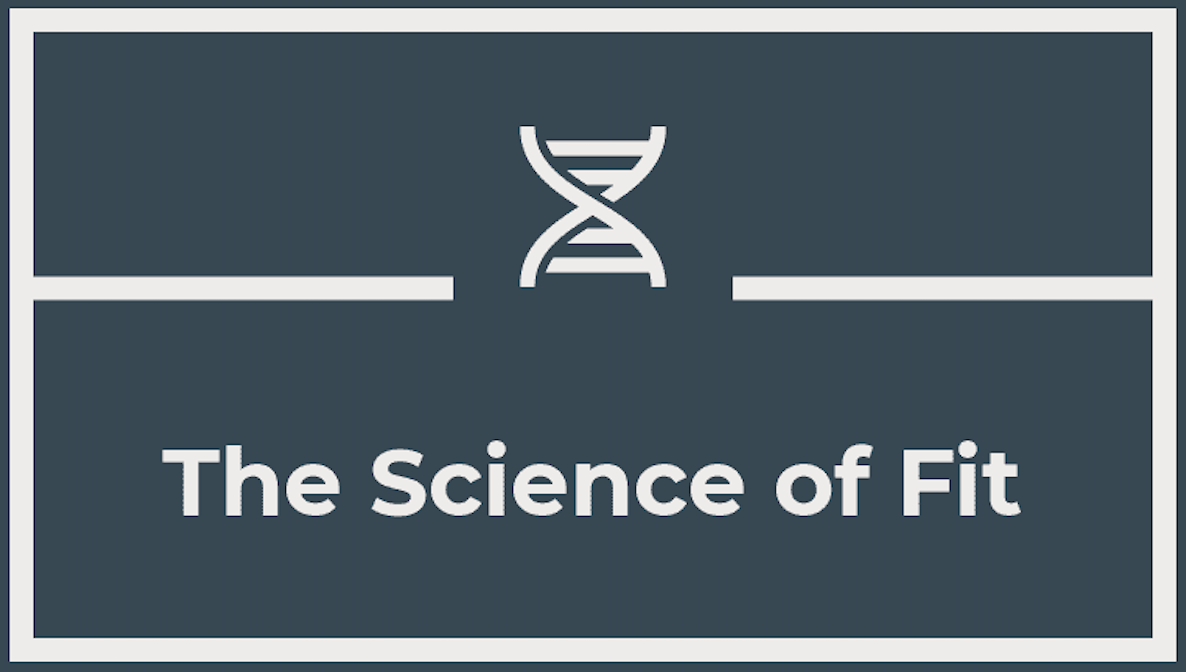Why Metabolic Flexibility Matters
Unraveling Metabolic Flexibility in Humans: Mechanisms, Implications, and Therapeutic Insights

Metabolic flexibility, the dynamic ability of human cells to adapt their energy substrate utilization to varying nutritional conditions, emerges as a fundamental determinant of metabolic health. This scientific article delves into the intricate mechanisms governing metabolic flexibility, explores its pivotal roles in human physiology, and discusses the far-reaching implications for health, disease prevention, and therapeutic interventions.
1. Introduction:
Metabolic flexibility is a hallmark of human metabolism, allowing for the seamless transition between different energy substrates to meet the body's diverse energy demands. This article unravels the complexities of metabolic flexibility, shedding light on its physiological importance in human health.
2. Mechanisms Governing Metabolic Flexibility:
A. Substrate Utilization Dynamics:
- Human cells exhibit a remarkable ability to utilize a spectrum of substrates, including glucose, fatty acids, and amino acids, based on nutrient availability, metabolic demand, and physiological states such as fasting or feeding.
B. Hormonal Regulation:
- Hormones, including insulin, glucagon, and adiponectin, intricately regulate metabolic flexibility. These hormonal signals coordinate substrate uptake and utilization in different tissues, orchestrating adaptive responses to nutritional changes.
C. Mitochondrial Adaptations:
- Mitochondria, the powerhouse of cells, undergo structural and functional adaptations to facilitate metabolic flexibility. Changes in mitochondrial density, efficiency, and oxidative capacity contribute to the dynamic utilization of substrates.
3. Physiological Roles of Metabolic Flexibility:
A. Energy Homeostasis:
- Metabolic flexibility plays a pivotal role in maintaining energy homeostasis, ensuring a balanced interplay between nutrient storage and utilization to meet the body's energy needs.
B. Adaptation to Feeding States:
- The ability to shift between utilizing carbohydrates during fed states and tapping into stored fats during fasting states exemplifies the adaptive nature of metabolic flexibility, preventing energy imbalances.
C. Exercise Performance:
- Optimal metabolic flexibility is crucial for exercise performance. The ability to efficiently use both glycogen and fatty acids as energy sources contributes to sustained endurance and improved physical performance.
4. Metabolic Flexibility and Human Health:
A. Metabolic Syndrome and Obesity:
- Impaired metabolic flexibility is implicated in metabolic syndrome and obesity. Dysregulation of substrate utilization contributes to insulin resistance, lipid accumulation, and systemic inflammation.
B. Type 2 Diabetes:
- Individuals with type 2 diabetes often exhibit reduced metabolic flexibility, hindering their ability to adapt to changes in nutrient availability and contributing to insulin resistance.
C. Cardiovascular Health:
- Metabolic inflexibility is linked to cardiovascular diseases. Aberrant substrate utilization may lead to lipid deposition, oxidative stress, and endothelial dysfunction, contributing to atherosclerosis.
5. Therapeutic Implications:
A. Lifestyle Interventions:
- Lifestyle interventions, including regular physical activity and balanced nutrition, are foundational for enhancing metabolic flexibility. Physical exercise, in particular, promotes mitochondrial adaptations and improves substrate utilization.
B. Personalized Nutrition:
- Tailoring dietary patterns to individual metabolic profiles holds promise for optimizing metabolic flexibility. Understanding how different individuals respond to varying macronutrient compositions can guide personalized nutrition strategies.
C. Pharmacological Interventions:
- Emerging pharmacological interventions targeting metabolic regulators, such as mitochondrial modulators and hormone-sensitizing agents, are being explored for their potential to enhance metabolic flexibility and combat metabolic disorders.
6. Future Directions:
Advancements in understanding the molecular mechanisms of metabolic flexibility, coupled with personalized approaches, pave the way for innovative therapeutic strategies. Future research should explore individual variabilities and refine interventions to address specific metabolic challenges.
7. Conclusion:
Metabolic flexibility stands as a cornerstone of human metabolism, influencing health outcomes across diverse physiological realms. This comprehensive exploration of its mechanisms, physiological roles, and implications for health underscores the importance of nurturing and preserving metabolic flexibility as a key determinant of overall well-being and resilience against metabolic disorders.










